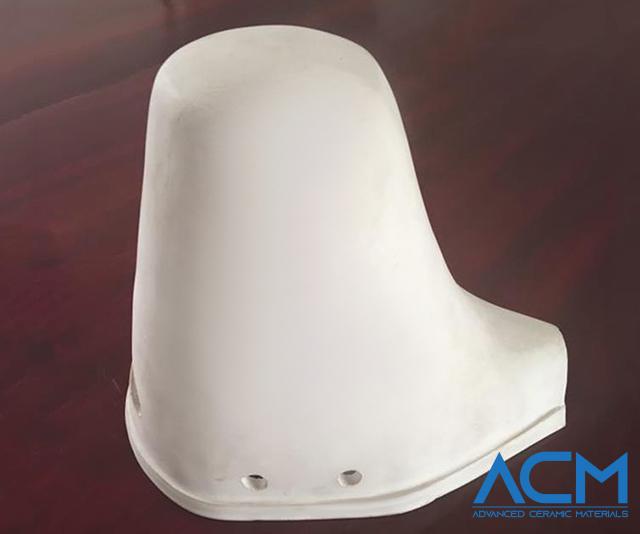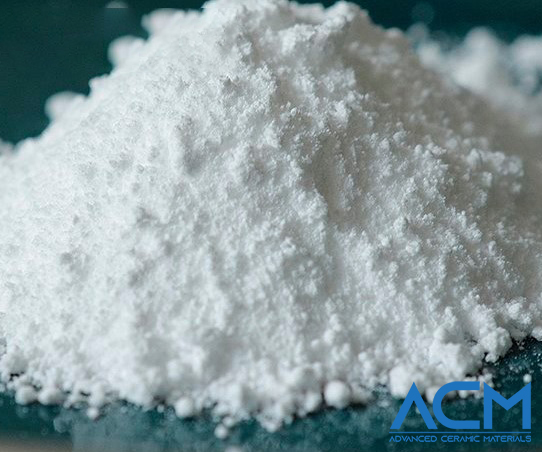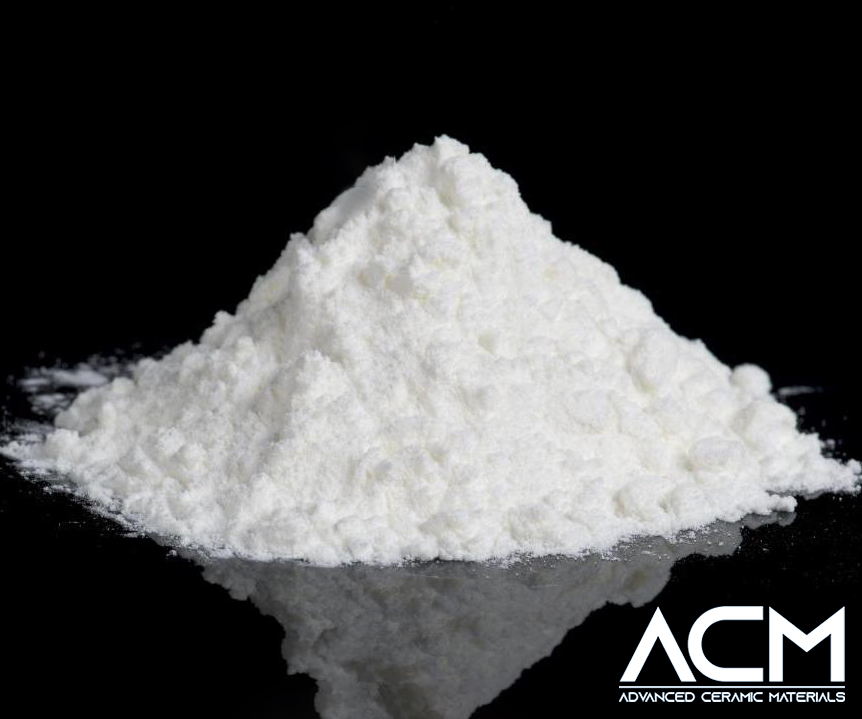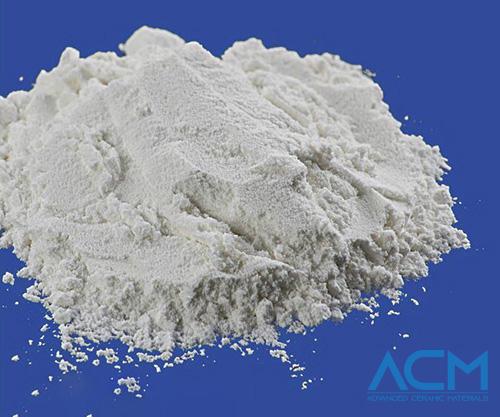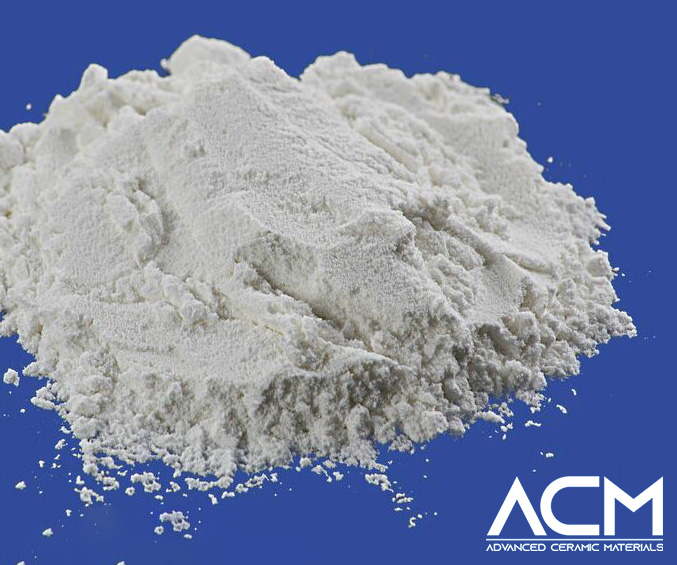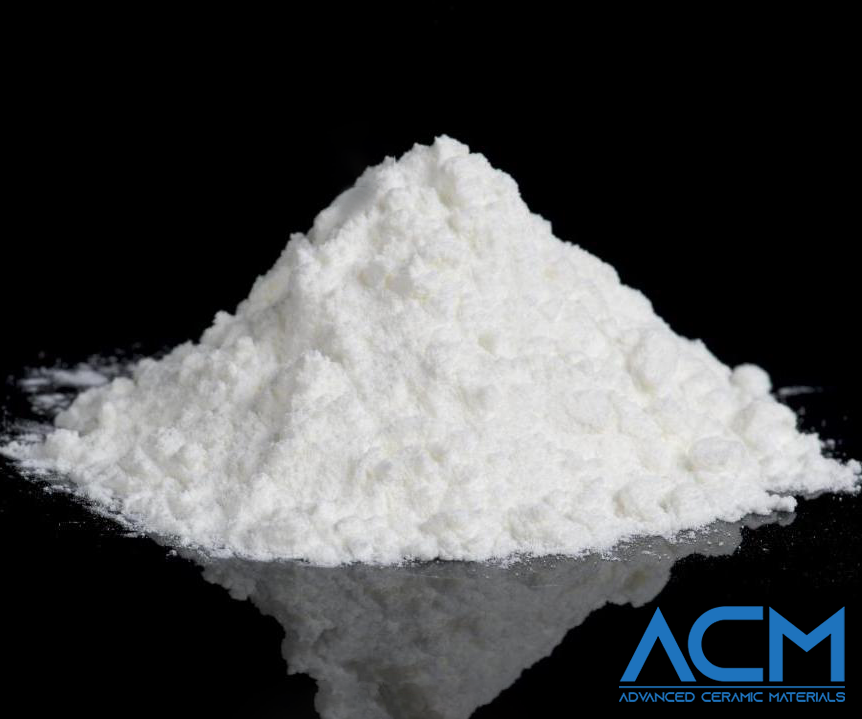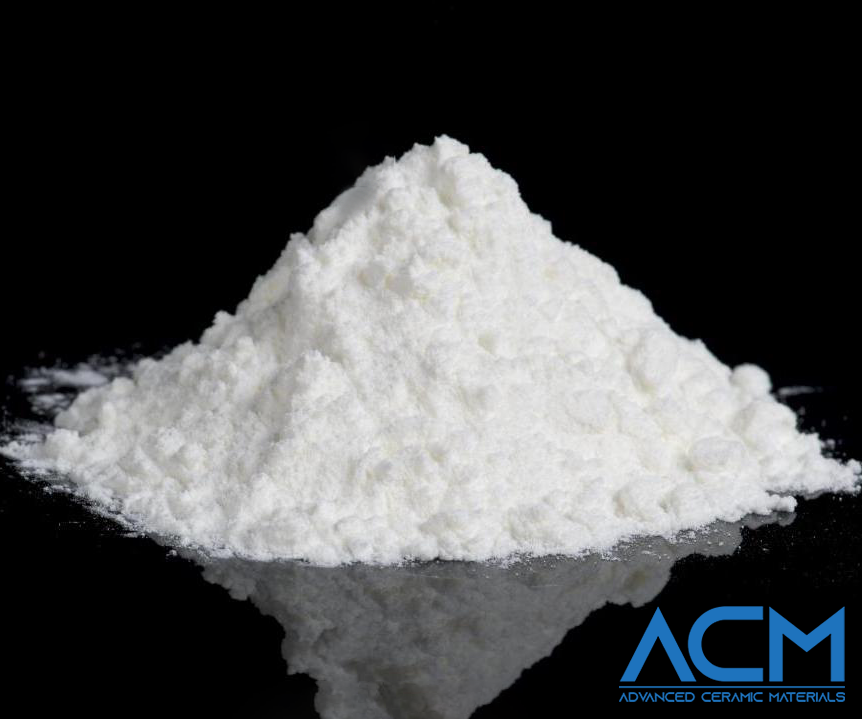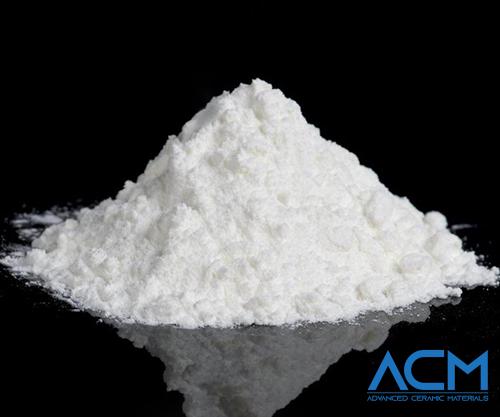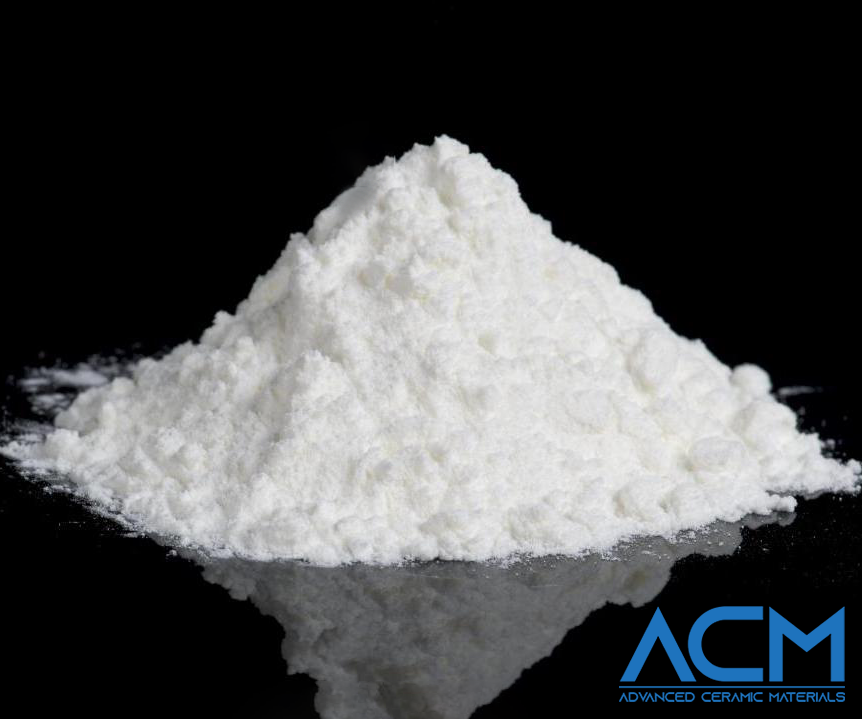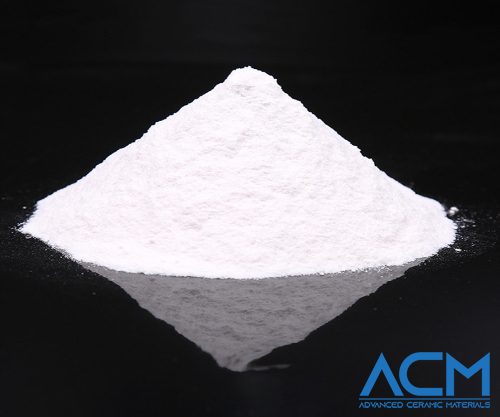AC6698 Aluminum Titanate Ceramic Pouring Ladle
- Catalog No. AC6698
- Material Aluminum Titanate
- Appearance Pouring Ladle
- Purity ≥99.9%
Inquiry
AC6698 Aluminum Titanate Ceramic Pouring Ladle
Aluminum Titanate Ceramic Pouring Ladle Overview
Aluminum titanate ceramic pouring ladles are high-performance refractory tools designed for handling and transferring molten aluminum and other non-ferrous metals. Made from aluminum titanate (Al₂TiO₅), these ladles offer excellent thermal shock resistance, low thermal conductivity, and strong resistance to wetting by molten metals. They are ideal for foundries and metal casting processes where precise pouring and minimal contamination are critical. Their durability and ability to maintain structural integrity at high temperatures make them reliable for melting and pouring operations in various metallurgical applications.
Specification
Properties
|
Volume Density |
3.3-3.5 g/cm3 |
|
Bending Strength |
1.5 MPa |
|
Compressive Strength |
30-50 MPa |
|
Operating Temperature |
≤1400℃ |
|
Porosity |
<8% |
|
CTE |
(0.5-1.5)*10-6℃ |
|
Thermal Conductivity (800℃) |
0.86 W/M·K |
|
Dimensions |
Customized |
*The above product information is based on theoretical data. For specific requirements and detailed inquiries, please contact us.
Applications
-
Molten aluminum transfer: Efficiently moves molten aluminum from furnaces to molds or processing units during casting.
-
Non-ferrous metal casting: Suitable for pouring and transferring metals such as copper, brass, and zinc alloys.
-
Foundry operations: Used for precise and controlled pouring during metal casting and molding.
-
Die casting and investment casting: Handles molten metals with minimal contamination.
-
Metal refining and alloying: Maintains molten metal integrity during refining and alloying.
-
Heat treatment and melting furnaces: Ensures stable metal temperatures in melting and holding furnaces during pouring.
Packaging
Products are packaged in customized cartons or wooden crates based on size. Small items are securely packed in polypropylene (PP) boxes, while larger items are placed in custom wooden crates. Appropriate cushioning materials are used to protect products during transport.
Manufacturing and Testing
Testing includes:
-
Chemical composition analysis to verify purity.
-
Mechanical property testing such as tensile strength, yield strength, and elongation.
-
Dimensional inspection to ensure thickness, width, and length meet specifications.
-
Surface quality inspection to detect defects like scratches, cracks, or inclusions through visual and ultrasonic examination.
-
Hardness testing to confirm uniformity and mechanical reliability.
Frequently Asked Questions
Q1: What is an aluminum titanate ceramic pouring ladle?
A1: A refractory ladle made from aluminum titanate (Al₂TiO₅), designed for transferring and pouring molten aluminum and other non-ferrous metals in high-temperature environments.
Q2: What advantages do aluminum titanate ladles offer?
A2: They provide excellent thermal shock resistance, low thermal conductivity, and strong resistance to wetting by molten aluminum, resulting in longer service life and reduced metal contamination.
Q3: Where are these ladles commonly used?
A3: Primarily in foundries, die casting, investment casting, metal refining, and other metal processing operations requiring high-temperature pouring with minimal contamination.
Performance Comparison
| Property / Application | Alumina (Al₂O₃) | Aluminum Titanate (Al₂TiO₅) | Aluminum Nitride (AlN) |
|---|---|---|---|
| Thermal Conductivity | Moderate (~20-30 W/m·K) | Low (~1-2 W/m·K) | Very High (~140-180 W/m·K) |
| Thermal Expansion Coefficient | Moderate (~7-8 ×10⁻⁶/K) | Very Low (~1-2 ×10⁻⁶/K) | Close to Silicon (~4.5 ×10⁻⁶/K) |
| Thermal Shock Resistance | Moderate to Good | Excellent | Moderate |
| Electrical Insulation | Excellent | Good | Excellent |
| Mechanical Strength | High | Moderate | High |
| Corrosion Resistance | Excellent | Excellent | Good |
| Main Applications | Structural ceramics, insulators, cutting tools | Riser tubes, molten metal handling parts | Heat sinks, high-power electronics, substrates |
| Aluminum Non-Wettability | Poor | Excellent | Moderate |
| Cost | Relatively Low | Moderate | High |
Customization Options
-
Shapes and dimensions: Complex 3D shapes and a wide range of sizes available.
-
Tolerance: From fine to coarse tolerances; precision machining available upon request.
-
Surface and structural features: Options with or without coatings (such as boron nitride), grooves, or drilling.
-
Special requirements: Custom geometries for specific casting systems, compatibility with high-precision or automated processes, and options for enhanced thermal or corrosion resistance.
Aluminum titanate ceramic pouring ladles combine excellent thermal properties and durability, making them an excellent choice for demanding metal casting and refining applications.
Request a Quote
-
Attachment (Optional)
No file chosen









